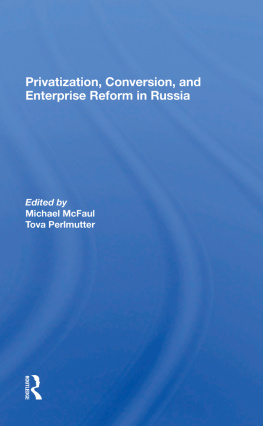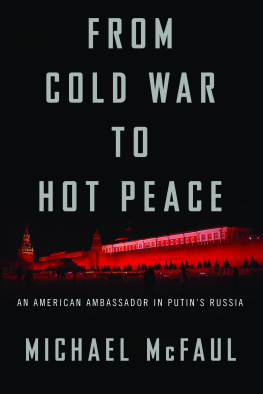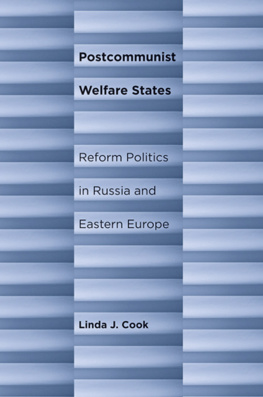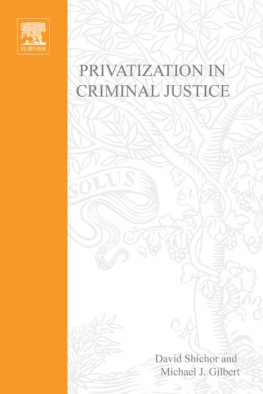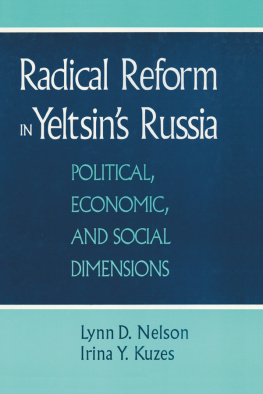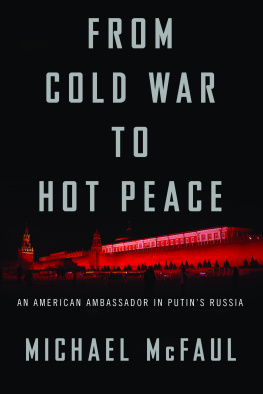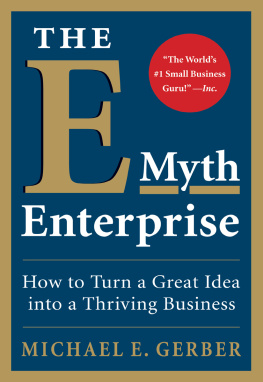Michael Mcfaul - Privatization, Conversion, And Enterprise Reform In Russia
Here you can read online Michael Mcfaul - Privatization, Conversion, And Enterprise Reform In Russia full text of the book (entire story) in english for free. Download pdf and epub, get meaning, cover and reviews about this ebook. year: 2019, publisher: Routledge, genre: Politics. Description of the work, (preface) as well as reviews are available. Best literature library LitArk.com created for fans of good reading and offers a wide selection of genres:
Romance novel
Science fiction
Adventure
Detective
Science
History
Home and family
Prose
Art
Politics
Computer
Non-fiction
Religion
Business
Children
Humor
Choose a favorite category and find really read worthwhile books. Enjoy immersion in the world of imagination, feel the emotions of the characters or learn something new for yourself, make an fascinating discovery.
- Book:Privatization, Conversion, And Enterprise Reform In Russia
- Author:
- Publisher:Routledge
- Genre:
- Year:2019
- Rating:4 / 5
- Favourites:Add to favourites
- Your mark:
- 80
- 1
- 2
- 3
- 4
- 5
Privatization, Conversion, And Enterprise Reform In Russia: summary, description and annotation
We offer to read an annotation, description, summary or preface (depends on what the author of the book "Privatization, Conversion, And Enterprise Reform In Russia" wrote himself). If you haven't found the necessary information about the book — write in the comments, we will try to find it.
Michael Mcfaul: author's other books
Who wrote Privatization, Conversion, And Enterprise Reform In Russia? Find out the surname, the name of the author of the book and a list of all author's works by series.
Privatization, Conversion, And Enterprise Reform In Russia — read online for free the complete book (whole text) full work
Below is the text of the book, divided by pages. System saving the place of the last page read, allows you to conveniently read the book "Privatization, Conversion, And Enterprise Reform In Russia" online for free, without having to search again every time where you left off. Put a bookmark, and you can go to the page where you finished reading at any time.
Font size:
Interval:
Bookmark:
Center for International Security and Arms Control,
Stanford University
Michael McFaul and Tova Perlmutter
Kenneth J. Arrow

52 Vanderbilt Avenue, New York, NY 10017
2 Park Square, Milton Park, Abingdon, Oxon OX14 4RN
Product or corporate names may be trademarks or registered trademarks, and are used only for identification and explanation without intent to infringe.
Privatization, conversion, and enterprise reform in Russia / edited by
Michael McFaul and Tova Perlmutter with a foreword by Kenneth J.
Arrow.
p. cm.
Published in cooperation with the Center for International
Security and Arms Control at Stanford UniversityCip's pub. info.
Includes bibliographical references.
ISBN 0-8133-2548-X
1. Russia (Federation)Economic policy1991- . 2. Privatization
Russia (Federation) 3. Economic conversionRussia (Federation)
4. Post-communismEconomic aspectsRussia (Federation)
I. McFaul, Michael, 1963- . II. Perlmutter, Tova. III. Stanford
University. Center for International Security and Arms Control.
HC340.12.P75 1995
338.947dc20 94-24412
CIP
- ii
PROFESSOR EMERITUS OF ECONOMICS
STANFORD UNIVERSITY
Font size:
Interval:
Bookmark:
Similar books «Privatization, Conversion, And Enterprise Reform In Russia»
Look at similar books to Privatization, Conversion, And Enterprise Reform In Russia. We have selected literature similar in name and meaning in the hope of providing readers with more options to find new, interesting, not yet read works.
Discussion, reviews of the book Privatization, Conversion, And Enterprise Reform In Russia and just readers' own opinions. Leave your comments, write what you think about the work, its meaning or the main characters. Specify what exactly you liked and what you didn't like, and why you think so.

